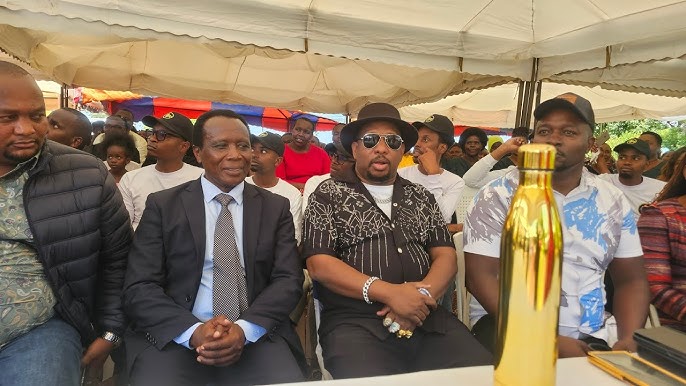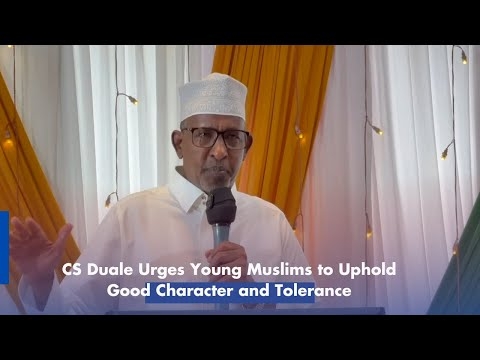

Former Nairobi Governor Mike Sonko has urged Kenyans,
especially the youth, to take mental health seriously and to stop using social
media to bully or ridicule people battling depression.
Speaking a day after the burial of former TV journalist
Kimani Mbugua, Sonko expressed deep sorrow over the loss and called for
compassion towards those struggling with mental illness.
Sonko, who helped transport Kimani’s body from Mombasa to
Montezuma Funeral Home in Nairobi and facilitated the funeral convoy to his
final resting place, said the young journalist’s death should serve as a
wake-up call.
“Kimani Mbugua is no longer with us. It’s painful to lose
such a young soul,” Sonko said.
“Unfortunately, this is not the only case. A friend of mine
from Parklands also took his own life and is being buried today, just a day
after Kimani. Depression is real. People are going through a lot—from
joblessness to family issues, bipolar conditions, poor working environments,
and tough economic times.”
Sonko urged Kenyans to use social media responsibly and to
show empathy instead of mockery.
“Let’s not take for granted what we have. Don’t bully people
online or call them names until they feel intimidated or depressed. Some come
online to express their struggles with depression, bipolar disorder, or
financial problems. Instead of mocking them, let’s support them. What someone
else is going through today, you might face tomorrow,” he said.
The former governor noted that Kimani’s case attracted attention because of his public profile but warned that many more people suffer in silence.
“Kimani’s story is in the limelight because he was a
journalist, but how many more are suffering quietly? When people share their
pain, we push them further into depression with our harsh words. It’s wrong and
must stop,” he added.
Sonko also pledged continued support through his Sonko
Rescue Team, saying it will keep assisting people in distress.
“For me and my team, we’ll keep helping whenever and
wherever we can—from assisting the needy to standing with the bereaved. If you
can’t help someone, at least don’t be the reason they give up on life,” he
said.
According to the World Health Organization (WHO), more than 727,000 people worldwide died by suicide in 2021, underscoring the growing mental health crisis that continues to affect millions globally.
The World Health Organization (WHO) recommends a
comprehensive, multisectoral approach to prevent suicide.
It urges governments to integrate suicide prevention into
national health and education policies, strengthen mental health services, and
restrict access to means of self-harm such as pesticides, firearms, and certain
medications.
WHO also emphasizes
the importance of early identification, treatment, and follow-up for people
showing signs of distress.
Community awareness, media responsibility in reporting
suicide, and school-based life skills education are also key measures.











![[PHOTOS] Elgeyo Marakwet landslide victims arrive in Eldoret for care](/_next/image?url=https%3A%2F%2Fcdn.radioafrica.digital%2Fimage%2F2025%2F11%2F425460d9-7ff1-4975-8a1f-cd0aaefb7812.jpg&w=3840&q=100)

